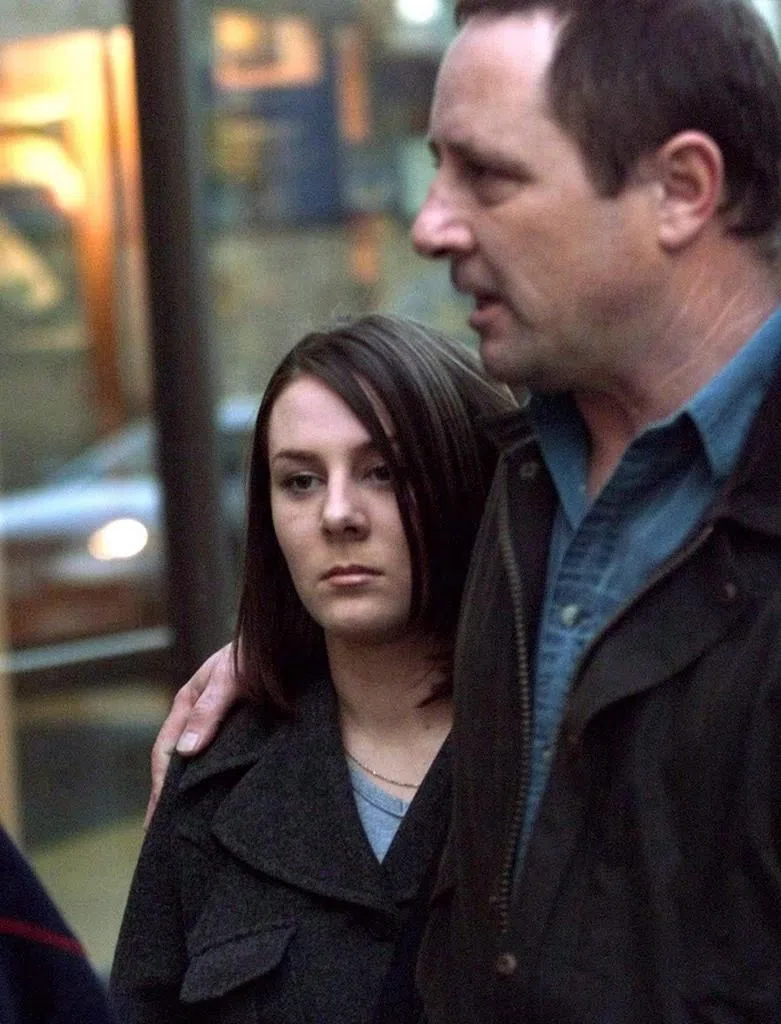
Kelly Ellard, convicted killer of Reena Virk, says motherhood has ‘calmed’ her
ABBOTSFORD, B.C. — Convicted killer Kelly Ellard says she sees the world through different eyes after becoming a mother, but her emotional plea for prison leave wasn’t enough to convince one parole board member.
Ellard was asking the board’s permission for escorted absences for parenting programs and her newborn baby’s doctors’ appointments, but the two board members were split on their decision Wednesday.
The 34-year-old told the panel she needed to bond with her baby, adding she had “big plans” for their future and she wanted to start now.
“It’s kind of amazing how much this child has calmed me,” she said before breaking down in tears. “It’s the best therapy I could have hoped for.”


